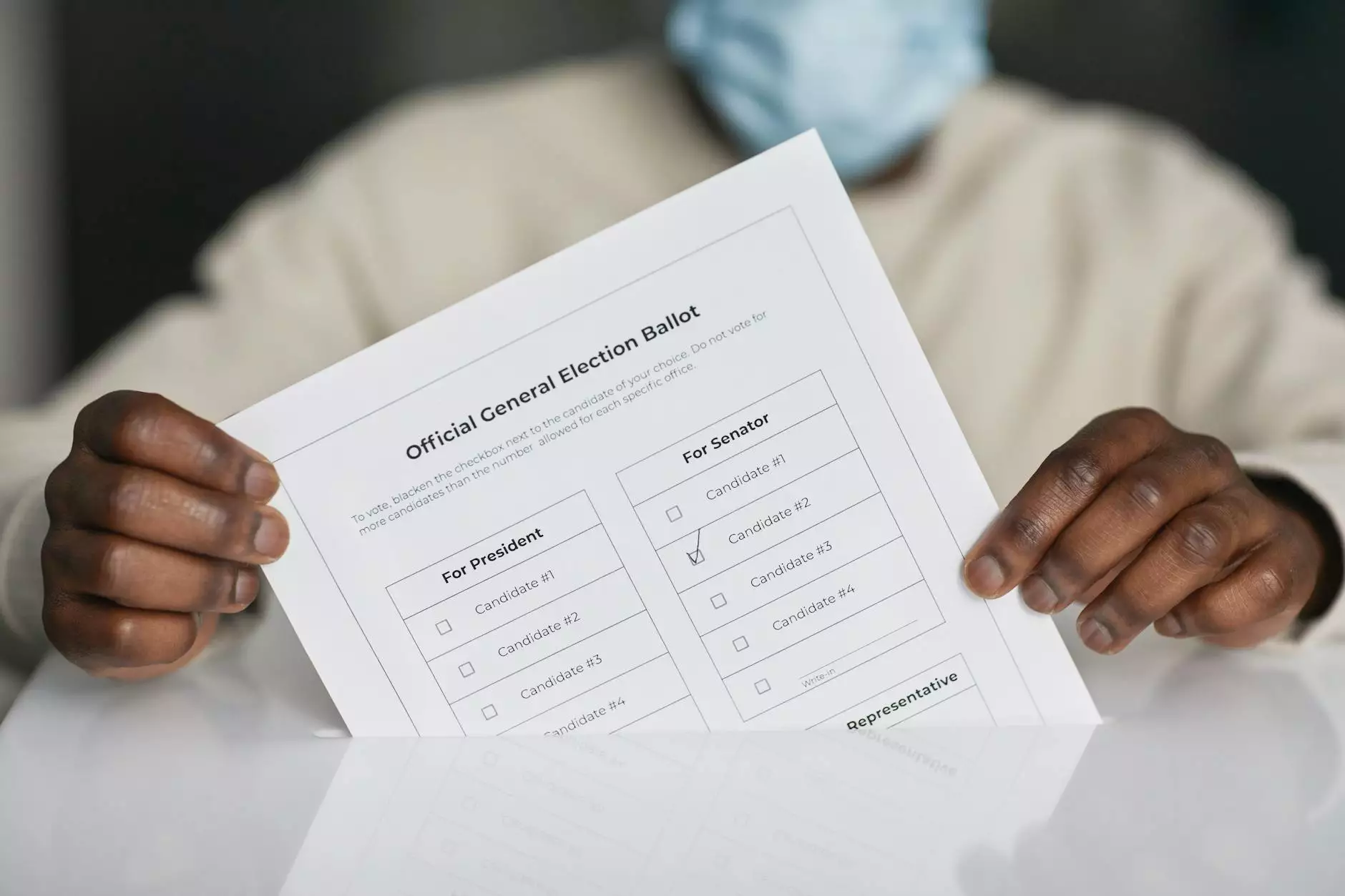Data Governance Best Practices for Businesses

In today's digital era, where information is considered as the new currency, businesses must prioritize data governance. Establishing robust data governance frameworks is essential for successful operations, ensuring that data remains accurate, consistent, and secure. This article explores essential data governance best practices that can enhance data management across various business functions.
1. Understanding Data Governance
Data governance involves the overall management of the availability, usability, integrity, and security of the data employed in an organization. It encompasses a set of defined processes, roles, and policies that help manage the data lifecycle effectively.
2. Why Data Governance is Essential
The importance of data governance cannot be overstated. Implementing effective governance practices allows businesses to:
- Ensure Compliance: Adhering to regulations such as GDPR and HIPAA.
- Enhance Data Quality: Maintaining accurate and reliable data for decision-making.
- Facilitate Data Integration: Aligning data from various sources for cohesive analysis.
- Boost Trustworthiness: Building trust among stakeholders through transparent data management.
3. Key Components of Data Governance
To build a successful data governance program, several key components must be implemented:
3.1 Data Governance Framework
A strong framework provides the structure for data governance and includes policies, procedures, and standards essential for data management. It should be designed to align with business objectives.
3.2 Data Stewardship
Data stewardship involves designated individuals who oversee data governance processes. These stewards are responsible for ensuring data policies are followed and maintained across the organization.
3.3 Metadata Management
Proper management of metadata enhances data discoverability and usability. It allows users to understand the data context, lineage, and quality metrics, leading to better data utilization.
4. Data Governance Best Practices
Adopting best practices is critical in establishing effective data governance. Below are some of the most impactful data governance best practices organizations can implement:
4.1 Define Clear Data Governance Policies
Establishing explicit and well-documented data governance policies is crucial. These policies should outline data ownership, usage, access rights, and data lifecycle management. A comprehensive policy will guide employees in understanding their data responsibilities.
4.2 Involve Stakeholders Early On
Involving key stakeholders early in the data governance strategy fosters buy-in and collaboration. It is imperative to seek input from departments that rely heavily on data to understand their needs and requirements.
4.3 Assess Data Quality Regularly
Conducting regular assessments of data quality ensures that users can trust the data. This assessment should include checks for accuracy, completeness, consistency, and timeliness of data.
4.4 Implement Data Classification Schemes
Data classification helps categorize data based on its sensitivity and criticality. This practice ensures that appropriate security measures and access controls are applied to protect sensitive information.
4.5 Foster a Data-Driven Culture
Creating a data-driven culture encourages employees to embrace data as a valuable asset. Organizations should provide training and resources to empower teams in making data-informed decisions.
4.6 Utilize Technology and Tools
Utilizing modern data governance tools can streamline the governance processes. These tools assist in data monitoring, cataloging, lineage tracking, and compliance management, making it easier for organizations to enforce governance policies.
5. Overcoming Challenges in Data Governance
Implementing data governance is not without its challenges. Here are some common obstacles and suggestions on how to address them:
5.1 Resistance to Change
Employees may resist changes to established workflows. Overcoming this challenge necessitates effective communication, emphasizing the benefits of new governance processes.
5.2 Data Silos
Data silos can impede cross-departmental collaboration. To combat this, organizations should foster interdepartmental collaboration and communication, breaking down barriers between teams.
5.3 Lack of Resources
Limited resources may hinder governance efforts. It is essential to establish a clear business case for data governance that aligns with organizational objectives to secure necessary resources.
6. The Role of Data Governance in IT Services
For businesses offering IT services, integrating data governance best practices is fundamental. It ensures the security of client data, streamlines data management, and enhances service delivery. Data governance acts as the backbone for maintaining client trust and regulatory compliance.
7. Real-World Examples of Successful Data Governance
Numerous organizations have successfully implemented data governance frameworks leading to improved operational efficiency. Here are a few case studies:
7.1 Example 1: Financial Services Firm
A leading financial services firm integrated data governance to enhance regulatory compliance and improve risk management. By deploying clear data policies and appointing data stewards, the company experienced a significant reduction in compliance-related fines and improved overall data quality.
7.2 Example 2: Healthcare Provider
A prominent healthcare provider implemented data governance policies to manage patient data more effectively. This led to improved patient outcomes and satisfaction as caregivers gained quicker access to reliable data.
8. Conclusion
By adopting data governance best practices, businesses can not only protect their data assets but also empower their teams to make informed decisions based on trustworthy data. Ensuring an established framework for governance will lead to enhanced operational efficiency, improved compliance, and significant cost savings in the long run. Embrace data governance today with Data Sentinel, your trusted partner in IT services & computer repair and data recovery.
9. About Data Sentinel
At Data Sentinel, we specialize in providing top-tier IT services & computer repair, along with efficient data recovery solutions. Our expertise in data governance ensures that your business can navigate data management challenges efficiently and effectively.
10. Call to Action
Ready to take your data management to the next level? Contact us today at Data Sentinel to learn more about our data governance solutions and how we can help your business thrive in this data-driven world.









